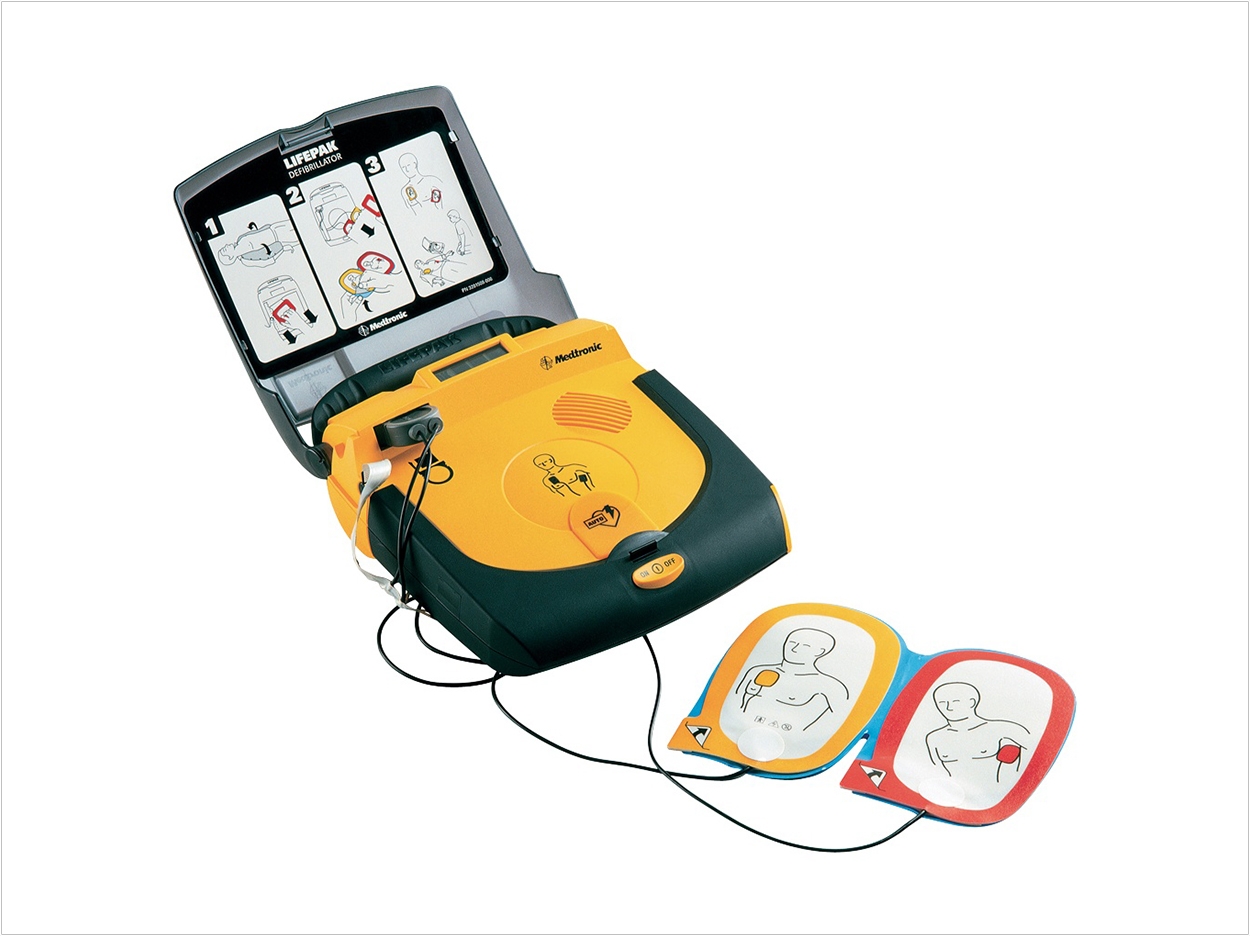
Almost 97% of all dental practices have a plan for responding to medical emergencies, according to the ADA’s 2018 Council on Dental Practice Survey on Preparedness for Medical Emergencies in the Dental Practice.
The top three medical emergencies occurring in dental practices during the 12 months prior to the survey weren’t specific to the dental setting or treatment. Those incidents were syncope (39.77%), epinephrine reaction (37.43%), and postural hypotension (33.92%). The top 10 reported emergencies also included allergic reactions, injuries requiring first aid, hyperventilation, seizures, insulin shock, and asthma.
Also, more than 86% of the practices that said they have an emergency plan reported have trained staff to respond to medical emergencies that can occur in the practice. The most common types of staff training for managing medical emergencies in the practice were reviewing written materials (60.26%), live training by an outside presenter (58.01%), and training exercises (52.56%).
Plus, 96.52% of practices have at least one staff person trained in Basic Life Support as offered by the American Heart Association or the American Red Cross, while more than 93% of dental practices have an emergency medical kit with drugs to manage routine medical emergencies. The practices with emergency medical kits with medications report having:
- Epinephrine auto-injectors for adult patients (83.57%)
- Epinephrine auto-injectors for pediatric patients (61.76%)
- Oxygen available for emergencies (94.96%)
- An automated external defibrillator (75.73%)
The survey was emailed to a random sample of 20,014 professionally active licensed dentists, including general practitioners and specialists, and completed by 529 individuals—a typical response rate for an online survey of a random sample of dentists or dental practices on a topic of specific interest in dentistry, the ADA reports.
Related Articles
Does Your Dental Office Have an AED?
Dental Offices Need Emergency Preparedness Standards
What Happens When a Patient Dies in Your Office












